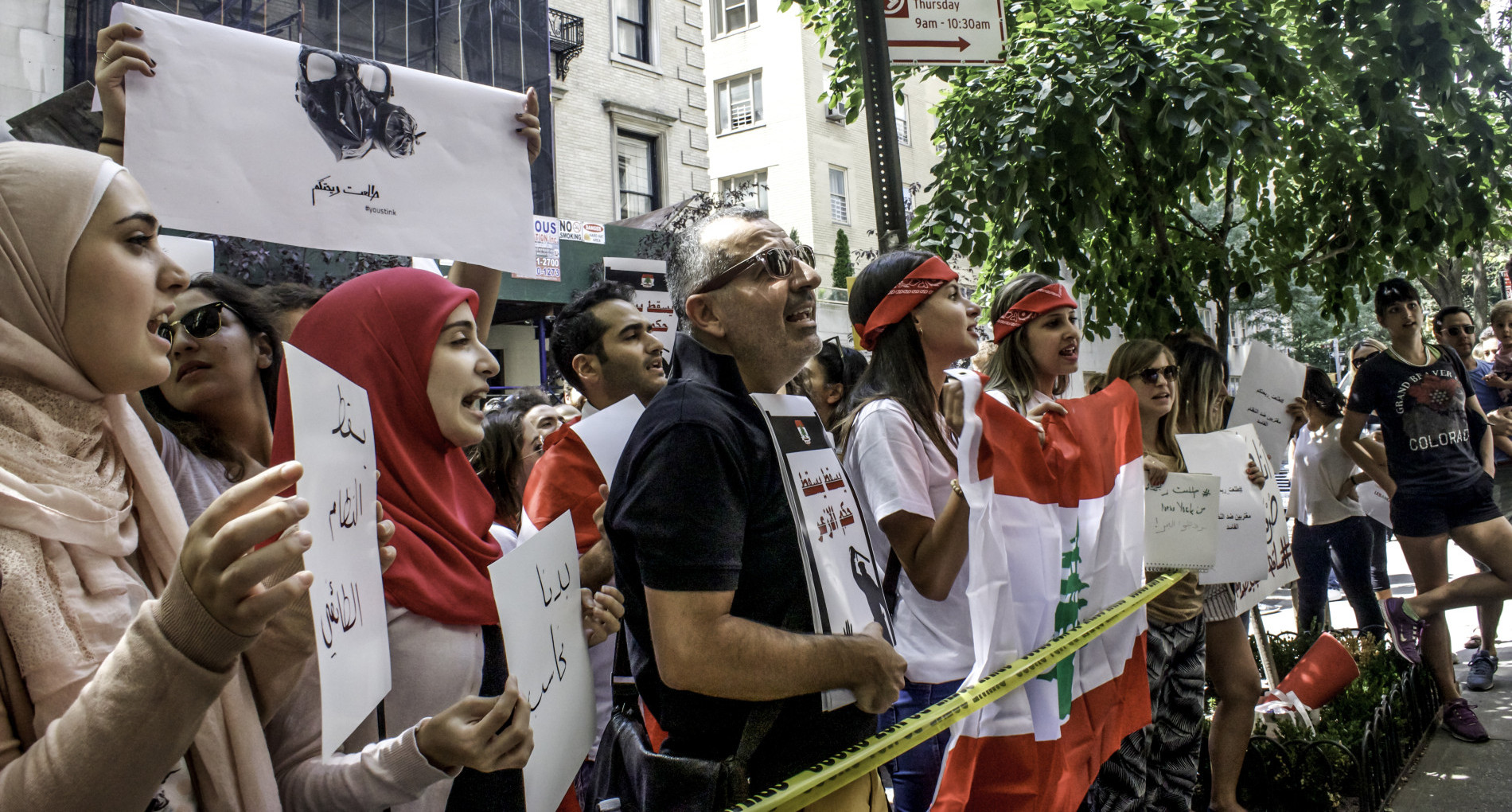This week, Lacuna revisits the issue of protest. The protests we showcase tackle serious issues; climate change, nuclear weapons, detention of prisoners without trial, crises of government, and the future of our universities.
But despite the significance of the problems they rail against, protesters struggle to make their voices heard. How can they overcome this? We find a great diversity of responses from acts of extreme suffering to campaigns involving creativity, imagination and humour. Across this diversity there is a common mission – to inspire people to take notice, to look up from their everyday lives, and to come together in solidarity to try to change the world in which they live.
In ‘Starving for Justice’, Sorcha Thomson describes how she worked for Amnesty International on the record-breaking hunger strike of Palestinian journalist Mohammad al-Qiq. She reports on how it took three months of pain, starvation and bodily collapse before the Israeli authorities cancelled the administrative detention order against Al-Qiq. His actions shone a light on the widespread practice of detaining Palestinian people without charge or trial for long periods of time. But the personal cost to al-Qiq has been immense.
Stefania D’Ignoti, a photographic student from Colombia University, has closely followed the ‘You Stink!’ protests in Lebanon against the country’s acute garbage crisis. ‘You Stink!’ is a slogan that targets the failures of the politicians who are causing the crisis, as much as the hundreds of metres of rubbish which have been seen snaking through Beirut’s suburbs. When expats gathered outside the General Consulate of Lebanon in New York, Stefania went along to capture the anger and dissatisfaction of Lebanese citizens who, even if abroad, still follow the politics of their home country. Her pictures also show the colour and creativity of the protesters, and their attempts to create a feeling of international solidarity with their compatriots at home.
Owen Everett, in ‘Wheel Stop Trident’, introduces us to his cycling protest group, campaigning against nuclear weapons. He tells Lacuna how he has used a combination of humour and healthy activity to inspire people to stop and think about why the UK plans to spend £205 billion on renewing its nuclear weapons. Instead of all this money wasted on a futile deterrent, he argues we should instead use the money where we really need it – on social welfare, education and sustainability.
Finally, James Harrison and Lewis Smith recently organised a whole week of events on protest at Warwick University. They reflect on how the week made them feel – worried about multiple threats to free speech and protest on university campuses, but also exhilarated by the creativity and imagination of some of the campaigns they encountered; from cross-dressing protesters in tanks, to new unions of climate change protesters in Paris.
Banner photo by Stefania D’Ignoti.



